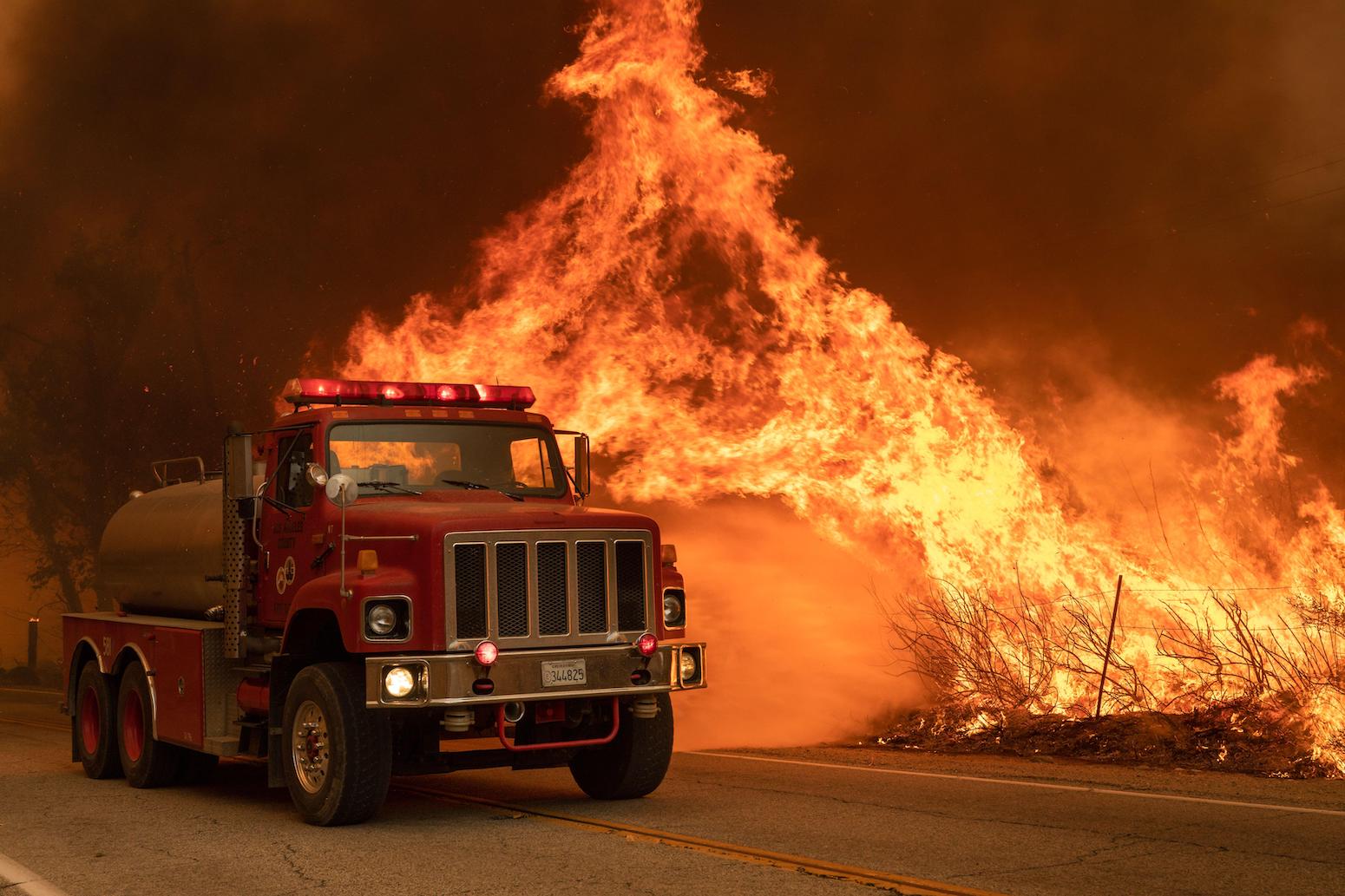Dr Patrick Brown has faced widespread criticism from other scientists and the editor of the science journal, Nature.

www.carbonbrief.org
However, other scientists were quick to point out that the study’s reviewers had indeed recommended that these other factors were considered.
In addition, Brown and his co-authors themselves had argued in their response to the peer reviewers that including the other factors was “very difficult” and that was “precisely why” they had chosen to focus on “the much cleaner but more narrow question of what the influence of warming alone”.
In a statement, Nature’s editor-in-chief Dr Magdalena Skipper accused Brown of “poor research practices” that were “not in line with the standards we set for our journal”.
One study co-author told Carbon Brief that Brown’s comments “took me by surprise” and that “I don’t think he has much evidence to support his strong claims that editors and reviewers are biased”.
Meanwhile, other climate scientists described Brown’s actions as “monumentally unethical” and “very, very weird behaviour indeed”.
AND
What did the study’s peer-review comments show?
All research papers in credible academic journals go through some form of “peer review”. This process sees two or three scientists not involved in the study – but with appropriate expertise – offering their assessment of the work, often anonymously. They will recommend whether the paper should or should not be published, as well as offering suggestions for improvement.
There are three reviewers for the paper and author “rebuttals” to their comments are also included in the document.
Their comments, taken together, severely undermine Brown’s claims that he was encouraged to support what he described as the journal’s “pre-approved narratives”.
Two of the three reviewers said they could not recommend the paper for publication in its initial form, with the third reviewer providing comments, but no specific recommendation.
The two reviewers that recommended rejection both highlighted the limited scope of the study. Reviewer 1 noted that “a concern is the use of wildfire growth as the key variable”, adding:
Reviewer 3 was concerned that “the climate change scenario only includes temperature as input for the modified climate”, adding that “changes in atmospheric humidity would also be highly relevant”.
In a lengthy response, the authors wrote that “we agree that climatic variables other than temperature are important for projecting changes in wildfire risk”, adding:
However, “accounting for changes in all of these variables and their potential interactions simultaneously is very difficult”, they said:
They added:
When these points were raised to Brown on Twitter, he responded that “the point here is that focusing exclusively on the climate change variable (temperature and, yes, acknowledging other variables but holding them constant) is what makes the study more likely to be publishable in a high-impact journal”.
He added:
(Brown has also posted further comments in a piece on the Breakthrough Institute’s website where he argues that “nowhere in the peer-review process did reviewers challenge the usefulness of focusing solely on the impact of climate change when projecting long-term changes in wildfire behaviour”.)
However, in an interview conducted with study co-author and meteorologist Holt Hanley the day after the paper was published, Brown – adopting a very different tone – noted he considers the study as “step one” of ongoing research:



